Baby Teacher
Nurturing Neural Networks
from Birth to Age Five
Rebecca Shore

This title was originally published by ScarecrowEducation.
First Rowman & Littlefield Education edition 2008.
Published in the United States of America
by Rowman & Littlefield Education
A Division of Rowman & Littlefield Publishers, Inc.
A wholly owned subsidiary of The Rowman & Littlefield Publishing Group, Inc.
4501 Forbes Boulevard, Suite 200, Lanham, Maryland 20706
www.rowmaneducation.com
Estover Road
Plymouth PL6 7PY
United Kingdom
Copyright 2002 by Rebecca Shore
All rights reserved. No part of this publication may be reproduced, stored in a retrieval system, or transmitted in any form or by any means, electronic, mechanical, photocopying, recording, or otherwise, without the prior permission of the publisher.
British Library Cataloguing in Publication Information Available
Library of Congress Cataloging-in-Publication Data
Shore, Rebecca, 1957
Baby teacher : nurturing neural networks from birth to age five / Rebecca Shore.
p. cm.
Includes bibliographical references (p. ).
ISBN: 978-0-8108-4284-7
1. Child development. 2. InfantsDevelopment. 3. Early childhood education. I. Title.
LB1115 .S63 2002
155.42'3dc21
2002001888
 The paper used in this publication meets the minimum requirements of American National Standard for Information SciencesPermanence of Paper for Printed Library Materials, ANSI/NISO Z39.481992.
The paper used in this publication meets the minimum requirements of American National Standard for Information SciencesPermanence of Paper for Printed Library Materials, ANSI/NISO Z39.481992.
This book is dedicated to my first teachers,
Bruce and Wynona, my parents; and
my most profound teachers,
Leigh and Bobby, my children;
and my husband, Marcus,
who continually shows me alternative ways of learning.
With deepest gratitude to all of the
wonderful teachers in the world,
especially the carpenters son and
the Old Wig
Contents
Figures
Acknowledgments
My sincere thanks to those dear friends who read early versions of the manuscripts and gave me their invaluable feedback: Bonnie Bruce, Dr. Fenwick English, Dr. Beverly Jones III, Dr. Gordon Shaw, Dr. Daniel Sher, Dr. Bruce Brasher and his wonderful wife, Cindy, Bruce and Wynona Martin, Melissa Dowd, Joel Whitten, and Ellen Wenner. Your suggestions helped clarify and focus my voice.
Special thanks to Kathryn Bornac and Melissa Dowd for their creative illustrations and their assistance with dreaded technological and computer-assisted design aspects of the book and to Bobbie Collins at Wake Forest University for her research assistance. Thanks go to Dr. Lorraine Cooke, of the New Jersey Association for the Education of Young Children, for her contribution to the New Jersey story. Also, special thanks to the Moms Night Out group, and especially Janet, for their support of a mom writer in progress.
A tremendous debt of gratitude to Lawrence Paulson, my incredible copyeditor, and Cheryl Hoffman, of Hoffman-Paulson Associates; and to Shirley, Cindy, Amos, Mary Jo, and the wonderful team at Scarecrow Press.
And finally, thank you to my children, Leigh and Bobby, from the bottom of Mommys heart, for igniting the initial spark of inspiration for this literary child, Baby Teacher.
Introduction:
Eye-Opening Discoveries
Thinking can never be unseasonable.
Wolfgang Amadeus Mozart,
in a letter to his father December 15, 1781
Have you ever traveled in a country that doesnt speak your language? Perhaps you found yourself in a shop needing an answer to an important question. You ask a salesperson, Where is the rest room? The salesperson looks at you, but you soon discover that she does not understand a word of what you asked. Do you then repeat your question more slowly and perhaps more loudly? Where is your rest room? Perhaps you speak English and your potential information source speaks only Japanese or Farsi. Perhaps the salespersons language doesnt even use the same alphabet as yours.
If this particular scenario has never happened to you, you have probably seen it happen to others or portrayed in movies, plays, or television programs. Step back from it now and analyze some obviously faulty assumptions that you intuitively relied upon. Does the salesperson have a hearing impairment? You have no data to support this assumption. She did look at you when you spoke. Yet you automatically raised your voice in an attempt to communicate better. Did the salesperson misunderstand your pronunciation? Perhaps. However, you could speak at a speed that would make a southerner sound like a New Yorker and it would never be slow enough for your potential information source to understand if her language is different. This effort to communicate by speaking louder and slower was based on faulty assumptions.
Dont feel too bad. There was a time when the planet Earth was believed to be flat and left-handedness was considered a human defect, and even a time when non-Euro-Americans were not considered to be human. Fortunately, as more and more seemingly correct assumptions have been disproved, we have become a society more inclined to consider alternative views. Fortunately, we have evolved as a people.
This book is about potentially faulty assumptionsassumptions that can actually stifle the development of your most prized contribution to life, your baby or young child. If you are a parent, teacher, or caregiver, you could at best be missing magical moments in the childs life that can never be returned to and at worst could be harming his or her development.
This book proposes that infants and young children can take in and process far more complex data from their environment than was previously thought. In fact, the complex data and enriched environment actually increase neural networking in the infant brain. The wonderful world we live in doesnt have to be watered down for babies but simply presented to them in a conscientious manner, one that works for them developmentally. Contrary to popular belief today, It is my contention that babies come to us hardwired for receiving complex data. Only through receiving this stimulation will they maximize their God-given potential brainpower.
This book is inspired by a true story: the story of what happened to me when research coincided with real life. And as is so often the case, real life became the greater of the learning experiences. Research only tries to describe and give order to it. Ask Jean Piaget. Ask John Dewey.
In the Beginning
In 1994, I got a big surprise. I found out that I was pregnant. I was thirty-seven years old and had never slowed down long enough even to think about the possibility of bearing children. I had just defended my doctoral dissertation and was ready to finish my research study and write it all up. I was working full-time as an assistant principal at a large comprehensive high school in southern California, teaching at a local university, and trying to find ways to fix our countrys education system. As fate would have it, becoming a mother was going to be added to my rsum of lifes experiences. It was also to become the most wonderful experience in my lifegreater than any job I ever held, any degrees I ever earned, anything I ever accomplished. And perhaps most important, it would become my greatest


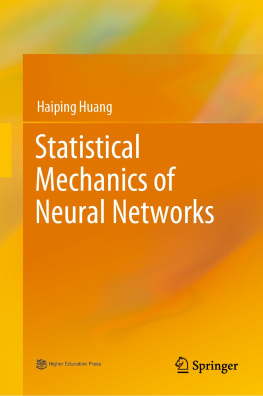
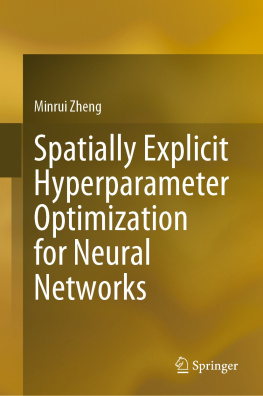
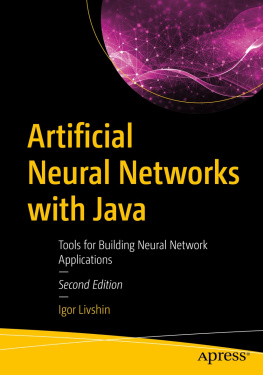
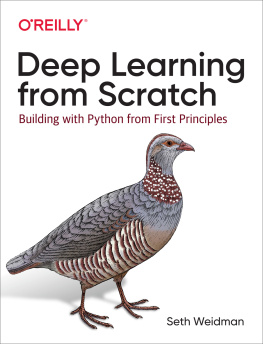
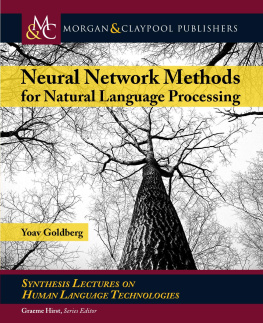


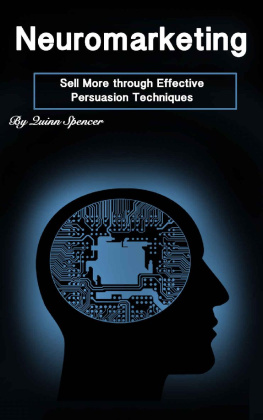


 The paper used in this publication meets the minimum requirements of American National Standard for Information SciencesPermanence of Paper for Printed Library Materials, ANSI/NISO Z39.481992.
The paper used in this publication meets the minimum requirements of American National Standard for Information SciencesPermanence of Paper for Printed Library Materials, ANSI/NISO Z39.481992.







